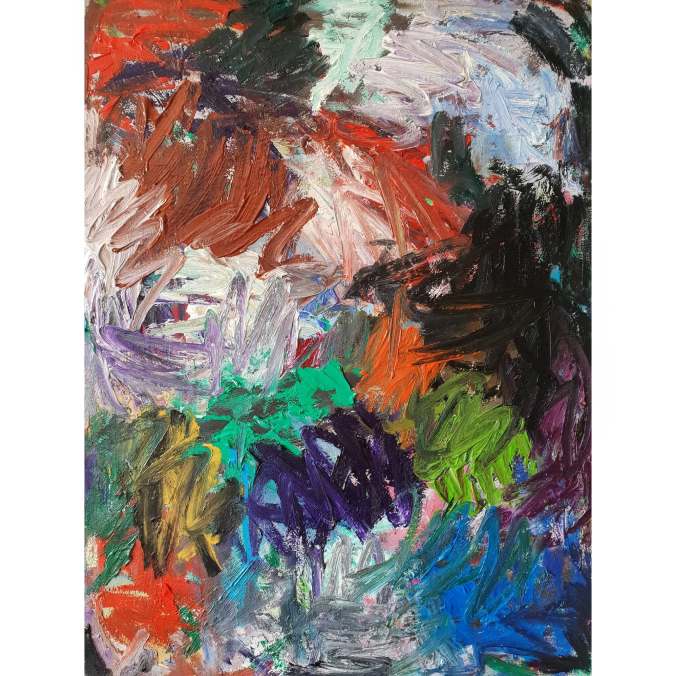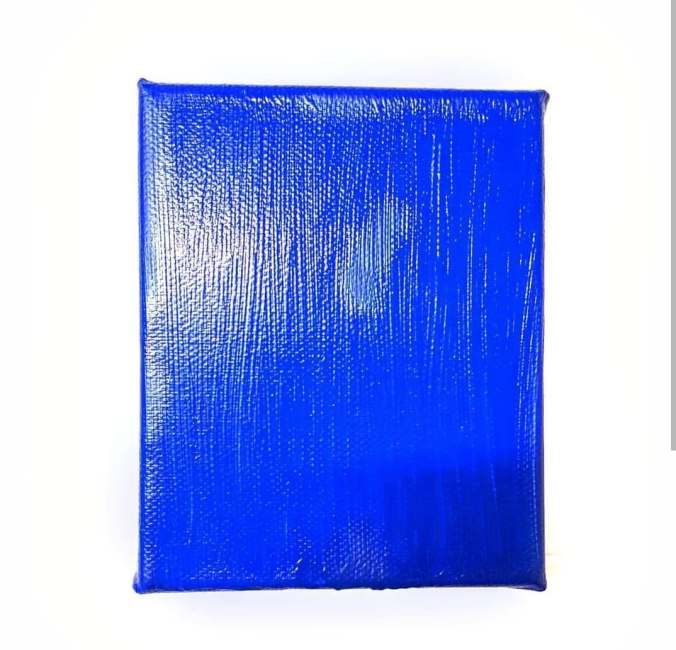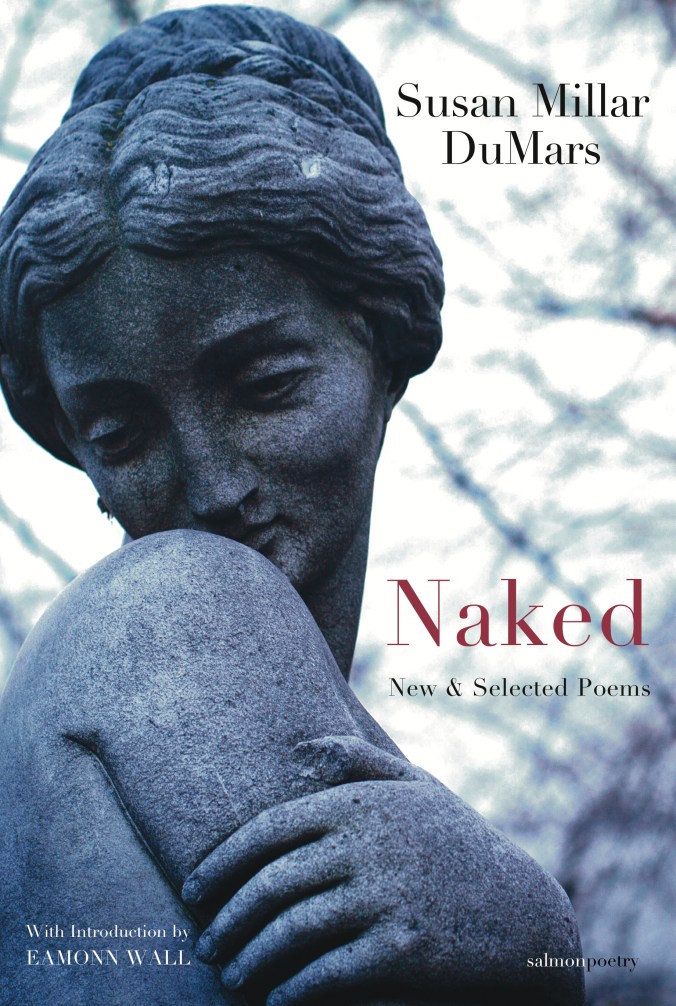Wombwell Rainbow Interviews
I am honoured and privileged that the following writers local, national and international have agreed to be interviewed by me. I gave the writers two options: an emailed list of questions or a more fluid interview via messenger.
The usual ground is covered about motivation, daily routines and work ethic, but some surprises too. Some of these poets you may know, others may be new to you. I hope you enjoy the experience as much as I do.
David Roe
Born in Derbyshire in the 60’s, David has lived in the North East since his early teens. An undiscovered dyslexic in his childhood, he became a secret writer for over 30 years. Conned into a poetry Slam in 2015, and not bound by the rules of literacy and education (he just never learned), David is a free and un-tethered writer and a refreshing new addition to the Spoken Word scene. David likes to think of himself as a “Northumbrian with a wonky accent”. With a mix of both comedy poems and more poignant pieces. Working as a Chimney Sweep, he gets to travel all of Northumberland, meeting a wide variety of people, both of which are a source of inspiration for his art. Sharing his work with audiences, David can be found gracing the stages throughout the North of England. Poet in residence for the wonderful Redefest held near Otterburn the first weekend in August every year, organising their poetry side of entertainment. His first short story Birth of a Legend was published in the collection of short stories “Grimmer Fairytales” published by Spectral Visions Press in October 2018 making him both an Author and a Poet.
https://www.amazon.co.uk/Grimmer-Fairytales-Spectral-Visions-Press/dp/1727746740
The Interview
1. When and why did you start writing poetry?
In my early 20’s, i had a bad day at the office and got sent home to ‘think about my future’. I lived in North Shields at that time, so took a walk out to the old Tynemouth Priory, found a quiet bench and sat with my thoughts. A woman, mid 50’s sat next to me and we started to talk.We talked about everything, life, love, family etc, we even ordered pizza to the bench and stayed there till the early hours of the next day.I don’t think there was a ‘click/switch’ moment, but on looking back at my early scribbles, it was around that time i started to write.
2. Who introduced you to poetry?
Defo Dr Seuss and Pam Ayres. Exposed to both, the lyrical nature of their writing gave a struggling boy a love of words. We didn’t have TV as children, dad said it would ruin us, so reading was a common pastime.
3. How aware are and were you of the dominating presence of older poets traditional and contemporary?
Not remotely. I left school with only a CSE 3 in English because of my dyslexia, it hadn’t been invented back then, so i was an ‘awkward little bugger who wont write anything down’. I never reached the level in English where poetry was read or studied. I am still yet to read any of the masters. Poets and writers are painters, but instead of paint, we use words. I love the freedom of a blank canvas, not limited by education or rules. My writing and poems are an expression of me and my thoughts, not history or guidelines.
4. What is your daily writing routine?
I carry pencil and paper with me at all times, but I don’t write everyday. I’m a self employed chimney sweep and jobbing builder. I’m also one of these nuts who jumps out of bed at 5am every morning, and land running. Writing gets sort of slotted into the gaps of busy days, or days off.
5. What motivates you to write?
Over the years, I’ve grown to love words and not fear them. Writing helps me understand words and express myself. Many current topics cause me to write, i work regularly with a few charities that are close to my heart. I’m a people watcher and through my job i get to meet a huge range of people from all walks of life.
6. What is your work ethic?
I’m a very practical and grounded person who doesn’t tolerate fools gladly, and I hate ‘ditherers’, if you don’t do something, nothing will change. So drive is never a problem. My dad taught me that if you want something, you have to work for it, then it will hold greater value to you. The journey is as important as the prize
7. How do the writers you read when you were young influence you today?
Bill Bryson and Terry Pratchett. Both love to play with words, like Lego Masters constructing huge artworks. I think the love of words and play on words learnt from them both can be found in my work.
8. Whom of today’s writers do you admire the most?
Tess Gerritsen. I love her attention to detail as she builds the excitement of a story, she is one of the few writers who grip me
9. Why do you write, as opposed to doing anything else?
I couldn’t spell very well, so I wrote in secret for 30 years, I knew the words, just didn’t know how to spell them, so I wrote to express the inner artist within me. I truly didn’t think anybody would ever be interested in anything I wrote. So writing helps me see both my own soul, and other peoples.
10. What would you say to someone who asked you “How do you become a writer?”
I don’t think anybody ‘becomes’ a writer. We are all poets, writers, dancers, singers, painters, musicians and lovers, the secret is finding the ones your good at. A very dear friend told me “Just write, it doesn’t matter what its about or whether anyone will see it. Just write, it trains the brain” I find that a mantra to live by.
11. Tell me about the writing projects you have on at the moment.
Just had my first short story published in Grimmer Fairytales late 2018. available on Amazon. Ive wrote my first novel, 14000 words, but its only at 1st edit stage, so i think that wont appear till 2020. Im currently writing a one man show which will form the backbone of a book launch later this year. It will be my 1st book of poetry which is currently with the publishers. And as always, i write for fun and many local projects with poems tumbling from my mad brain.








 CER. Anjum Wasim Dar
CER. Anjum Wasim Dar
